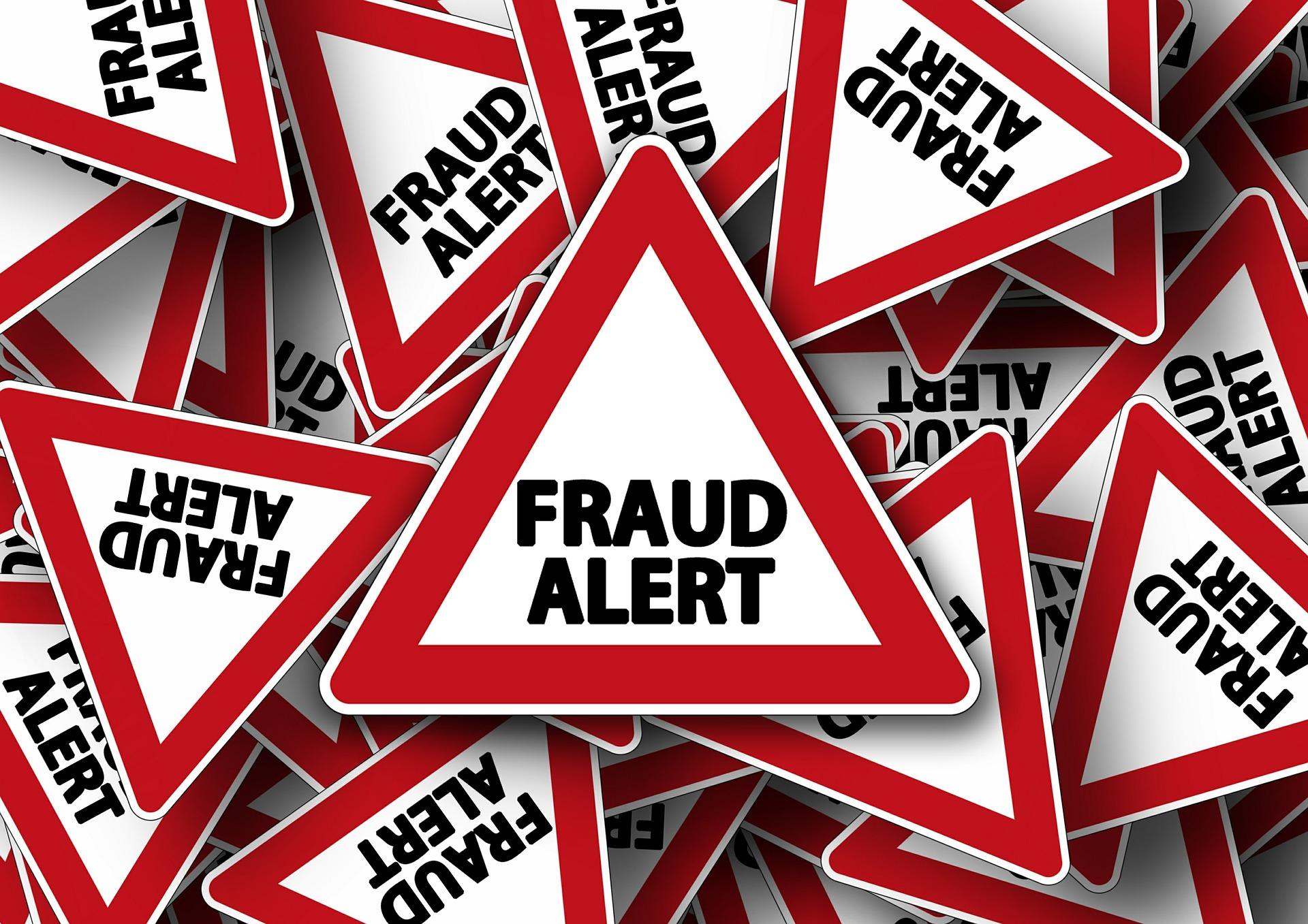Next to the risks of losing money to wrong bets, Forex trading investors can also lose a massive amount of cash when they fall prey to unscrupulous and incompetent brokers and scammers. Who doesn't want immediate returns? Who doesn't like earning with ease? Who doesn't like the idea of a "secret" surefire system that beats the market? Forex scammers are no different than other fraudulent schemes; they capitalize on the trader's human nature of wanting things quick, easy, and convenient.
The Forex market is the largest and most active financial market in the world, with over $5 trillion transactions a day. It is made up of two levels; the interbank market, where large banks trade currencies, and the over-the-counter (OTC) market, where individuals trade through online platforms and retail brokers. The latter is done directly between two parties without the supervision of an exchange.
This "dark market" reputation of off-exchange (OTC) trading where prices are unpublished and unregulated and the slack rules of the market can leave retail speculators exposed to Forex fraud. The Forex market is slowly becoming more regulated, decreasing the number of scam cases. However, we cannot deny the fact that many unscrupulous brokers are still in the business.
Some of the usual scams include selling software promising to make a massive profit for the customer, creating false customer accounts for the purpose of generating commissions, false claims of customers earning big, phony marketing, and blatant theft of a client's account.
Watch Out For These 7 Signs
There are several signs that an investor is dealing with a fraudulent broker.
1. Suspiciously high fees
Be wary of system sellers that offer trading programs at unreasonably high prices. Traditionally, many trading systems have been quite costly but it's likely to be a scam when the trader has to pay more than a few hundred dollars for a proper system.
2. Sweet promises of guaranteed returns
Next to exorbitant prices, investors can be lured off the idea that costs justify guaranteed phenomenal results. Phony brokers make false claims of earning big and would encourage you to take big risks at your expense.
3. "Forex trading is a piece of cake”
Trading isn't a walk in a park; It's a serious, difficult business. You need a lot of hard work and patience in order to succeed in FX trading. So whenever a website assures you that making money in Forex is easy, you might have to back off.
Ask for specific information in detailed writing. Don't just rely on spoken flowery promises and vague statements. Validate all the information you receive.
4. A “secret” trading system
“Wanna be profitable? We have a secret trading system and we can offer it to you at a very reasonable price.” Don't fall prey to these lame tactics.
There are sellers called “signal sellers”, who claim to be offering a system designed to identify favorable times for buying or selling a currency pair and charge a daily, weekly, or monthly fee for their services. Not all, but many (or most) signal sellers are actually scam artists. The truth is there's no such thing as a “secret trading system”. If it were really plausible to use a system to beat the market and make profits instantly, then why would the firm or individual that has this information make the system widely available?
5. Communication difficulties
Communication is crucial. You're putting your money on the line here and it's your right to check if everything is handled properly. You should also be able to ask for pieces of advice on how to improve your strategy.
If the broker doesn't send e-mail responses to his/her client, fails to answer the phone, and provides vague answers to his/her client's inquiries, then the broker might not be looking out for the trader's best interest.
6. Inability to withdraw money from a trading account
When you investigate and read genuine reviews about the firm you're working with, make sure there are no complaints about not being able to withdraw funds. If there are, try to contact the user and ask about his/her past experience with the broker.
7. No background information about the broker
If you're having a problem with your background check with respect to how long they've been in the business, where the brokerage is headquartered, and how many countries they're regulated in, then chances are that you're dealing with a fraudulent broker. Next to their business background, check the company's registration status and disciplinary history as well.
Trading per se is a difficult skill to master, but when the wrong brokers keep implementing practices that work against the trader, being profitable can be an impossible pursuit.
Author Bio: Sophie Harris is one of the resident writers for FP Markets, a CFD and Forex Trading provider in Australia with over 12 years industry experience serving global clients. Writing informative content about business and finance is her cup of tea.












No Comments